
Tag Archives Insecticides
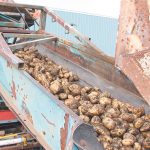
Potato growers beware new PVY strains
Newer, necrotic strains of potato virus Y (PVY) are creating headaches for potato farms in Eastern Canada, and Manitoba farmers should pay attention
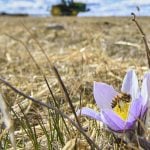
AI app promises Prairie farmers better insect scouting
IPPM Now app uses Prairie expertise, including from Manitoba, to help farmers identify and mange for beneficial and pest insects in their fields
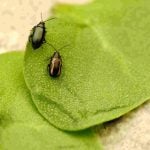
RNAi research looks for genetic-level flea beetle control
A Canadian company hopes to develop an alternative to mainstream insecticides when managing flea beetles in canola crops
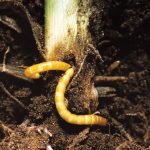
Wireworms a persistent insect pest on the Prairies
Nestled in the soil and hard to kill, wireworms are a headache for Manitoba growers

Carbine gets green light against lygus bugs
Product gets emergency approval for use in confection sunflowers

Ag input firm FMC’s shares tumble after lowering financial targets
Partners 'rapidly reduced inventory levels'

The aerodynamics of crop spraying
Air disturbance from the sprayer itself may be affecting your drift risk

Oat miller to steer clear of lambda-cy
Grain Millers bans oats treated with insecticide product
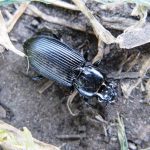
Ground beetle biocontrol against pea leaf weevil
Management of pea leaf weevil is tricky, since by the time the farmer knows they have a problem, it’s often too late to spray
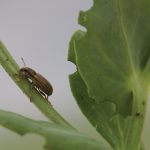
Insects posing problems in Saskatchewan crops
Grasshopper, flea beetle damage already reported


